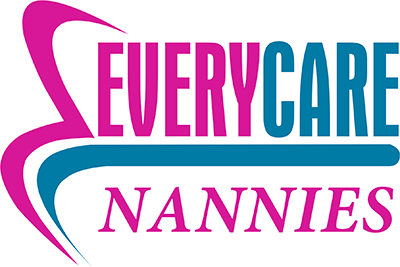DBS and other checks

When employing a nanny it is essential that key checks are undertaken to ensure that the nanny is “who they say they are” and are of good character.
The Disclosure and Barring Service (DBS)
The Disclosure and Barring Service (DBS) is a public body of the UK Home Office. Its primary purpose is to assist certain employers to make sound recruitment decisions by accessing criminal records information. DBS disclosures help to identify those who may be unsuitable to work with children and other vulnerable members of society.
The DBS came into operation in 2012, replacing the formerly known Criminal Records Bureau (CRB) and Independent Safeguarding Authority (ISA).
DBS checks are meant to help prevent unsuitable people from working with vulnerable groups such as children. If an employer or an organisation, for example, a regulatory body, has concerns that a person has caused harm or poses a future risk of harm to children then they legally must make a referral to the DBS which can result in such a person being barred from working with children.
The DBS searches police records and, in relevant cases, barred list information, and then issues a DBS certificate to the applicant and employer to help them make an informed recruitment decision.
For anyone who has been barred by the DBS it is illegal for them to work, or apply to work in the sector from which they are barred. It is also illegal for an employer in that sector to knowingly employ a worker who has been barred.
There are three levels of checks: Standard, Enhanced and Enhanced with Barred List.
Other checks that need to be undertaken includes:
-
ID (including proof of address)
-
Driving skills
-
Childcare qualifications
-
First aid certificate
-
Whether or not they can work in the UK
-
References



